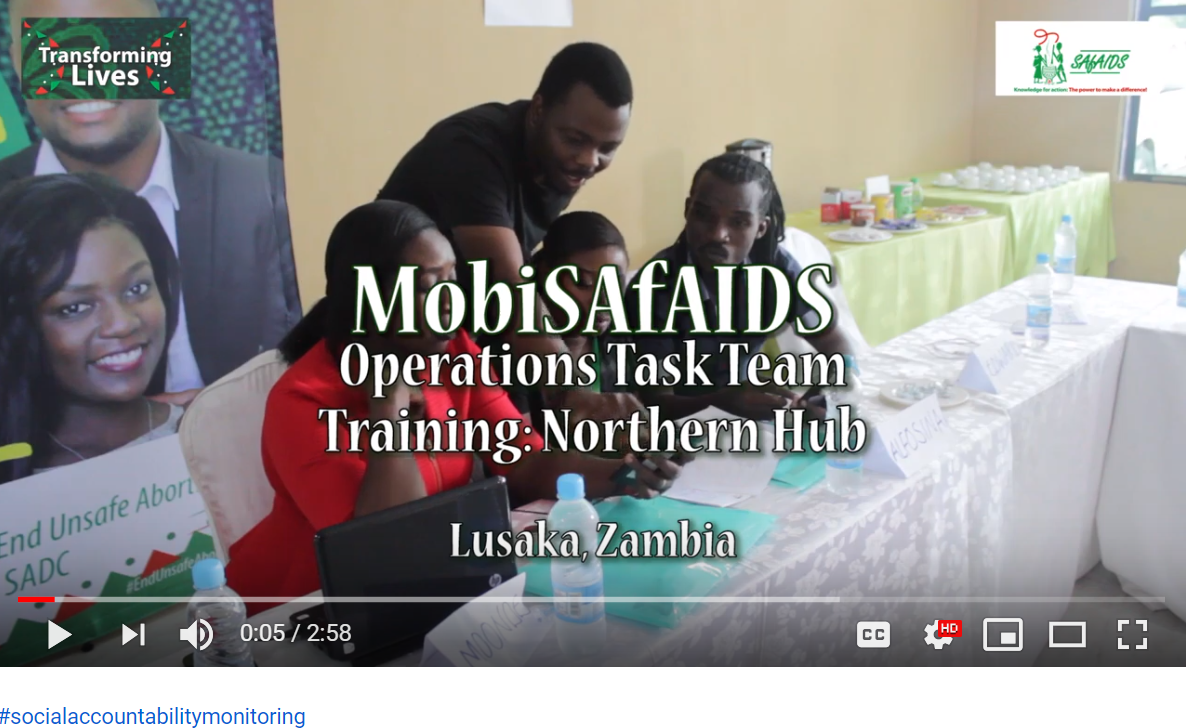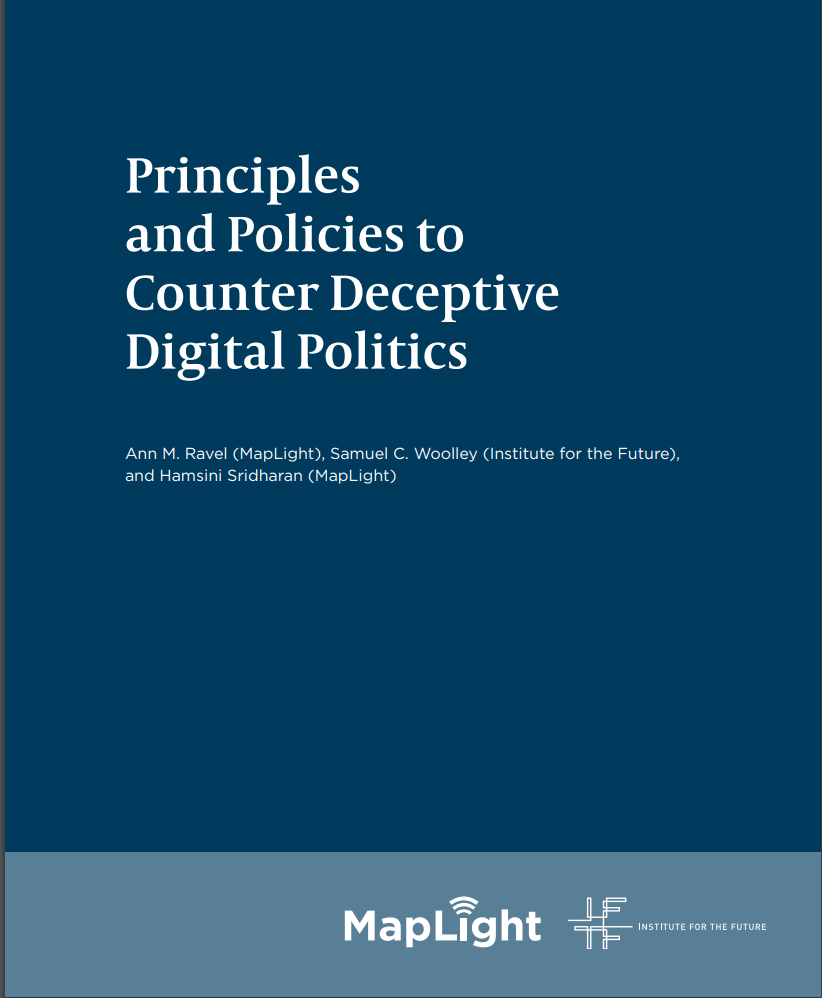Highlights:
- Outsourcing oversight is risky business
- Split personality
- Is your data sexist?
- Still at it…
- Measured by how you defined
- Secrets of survival
- Rapid fire response
Outsourcing oversight is risky business
 Photo: Tom Cruise
Photo: Tom Cruise
As countries have increasingly outsourced provision of public services, have they abdicated responsible oversight in the process? In the UK’s case, a new report from the Information Commissioner suggests yes and calls for reform of access to information laws to restore good governance. The recommendations should have a ready audience given the still recent collapse of Carillion with a high price tag for British taxpayers and the risk of a repeat now with another major provider Interserve. Gavin Hayman urges the UK government to mind the transparency gaps – other countries could do well to also heed the warning. Investment in e-procurement systems worldwide might help identify red flags if well monitored. For those willing to test its potential, TRACE has pulled together a database of all e-government services being offered worldwide.
Should citizens be able to require access to data held by private firms for work paid for by the taxpayer? This opens up a new tricky area of data governance. As TAI was discussing with ODI and others this week, why not make that data subject to freedom of information requests? It might force more responsible behaviors.
Split personality
Meanwhile, governments are waking up to risks to consumers of misuse or poor safeguarding of personal data held by private companies. Following the EU’s foray into regulation last year, it is intriguing to see China looking to do the same. Yet as Samm Sacks and Lorand Laskai lay out, the government is looking to protect citizens from private firms while retaining full right for its increasingly comprehensive government surveillance. How long can the two be tenable?
As other global players in effect are setting the global rules of the game, will the US catch up on data privacy? Steven Hill is among those urging it to step up and offer direction and regulations to protect people’s data. Perhaps growing regulatory attention will prompt stronger voluntary moves – Facebook is now negotiating a multi-billion dollar fine with the US Federal Trade Commission over its privacy practices. Where governments are not proactive, can philanthropy help stimulate debate and citizen demand? Perhaps so – certainly big US donors have made a notable shift with over $500m committed to AI research efforts alone this past year.
Is your data sexist?
TAI donor members are always looking for insight on barriers to data use and ways to increase uptake. Well what if the part of the problem is that the data is “sexist” to start with as Gillian Tett explains. If women’s role is underplayed in national statistics it will only reinforce a marginalizing effect. Getting more women involved in data generation and use will help. Expanding their involvement in big data analysis and AI will be important to avoid establishing a similar set of biases in that field. People like data scientist Rediet Abebe of Ethiopia, a founder of Black in AI, may help reverse the trend. Rediet was among those convened by Rockefeller Foundation recently to push for women leadership at the heart of use of data and tech for social good.
Tett had been reading Bill and Melinda Gates’ annual letter. While gender data issues are high on their list of surprises – #4 – so is the power of getting mobile phones in the hands of the poorest women – #9. You can also see how convinced you are by their nationalist case for globalism.
Essential Watching – For the good of your health
 Watch the value of service providers, government representatives and CSOs coming together to strengthen social accountability monitoring of adolescents and young People’s sexual and reproductive health services – making use of MobiSAfAIDS.
Watch the value of service providers, government representatives and CSOs coming together to strengthen social accountability monitoring of adolescents and young People’s sexual and reproductive health services – making use of MobiSAfAIDS.
Still at it…
The relationship between transparency and accountability continues to be a thorny debate for those working on natural resources issues. We await a report from the Leveraging Transparency Against Corruption extractives project ongoing beyond transparency, but John Gaventa notes that the Publish What You Pay global coalition is already on that track and suggests five ways to try and shorten the long chain between transparency and accountability. We particularly like the call for information to drive mobilization.
Some positive signs for EITI watchers as Uganda signs up (hopefully not solely due to donor demands), as Indonesia shifts to more systematic disclosure, and Afghanistan’s Ministry of Mines unveils a new portal of licenses and payments worth $180m in government revenue. Aasmund Andersen explores the portal to see how impressed we should be. Meanwhile, UNDP releases new research on the role of host governments in enabling or preventing conflict around extractives investments.
Talking of conflict and resources, South Sudan seems caught in the grip of a violent kleptocracy. What might be done to promote democratic legitimacy? Brian Adeba and the Enough Project Team argue that the US has the financial tools needed to target its leaders and their networks.
Essential Listening
 Atlantic journalist Franklin Foer speaks on money laundering in the US and how lax rules on illicit flows have helped crooks around the world fund their dodgy dealings. Listen to the podcast on Stitcher.
Atlantic journalist Franklin Foer speaks on money laundering in the US and how lax rules on illicit flows have helped crooks around the world fund their dodgy dealings. Listen to the podcast on Stitcher.
Measured by how you are defined
No doubt much of South Sudan’s wealth is leaking beyond its borders. To motivate action on illicit flows around the globe, The Economist argues that the starting point should be in getting a clear definition of money laundering and then looking for ways to measure it. The European Commission, for its part, last week revealed a new list of 23 countries which it says have weak anti-money laundering systems. The list includes four US territories. Canada has cracked down on a multinational money laundering network – 17 arrested and $32 million in assets recovered. Arthur Cockfield details laundering of Chinese money through Canada and its consequences – not least on Canadian’s health due to the illegal fentanyl trade whose proceeds often end up converted into bricks and mortar purchases in Vancouver.
Secrets of survival
The US is warning Hungary of the risks of graft creating “pathways for Russian and Chinese influence.” For those highlighting those such risks but without the protections of the US State Department the risks are all too clear. Dmitry Gribov, a regional head of a Russian anti-corruption group was recently beaten to death outside Moscow. How do we protect the people who are putting effort to hold governments accountable and transparent especially in authoritarian regimes? Tom Cassauwers makes a case for the importance of bringing cryptography to activists. By activists using the cryptograph tool to hide their own moves, they might be able to expose the wrongdoers.
For donors, it might mean doing more to strengthen media and civil society and underpin democratic institutions. Michelle Gavin argues that had the US paid more heed to such measures in Tanzania and had a keener sense of popular frustrations it might have helped safeguard Tanzanians “ability to hold their leaders accountable.” The U.S. is launching a program to fund independent media in central Europe with a focus on corruption investigations. In Haiti, corruption frustration has again led people on to the streets – whether it will force the President or PM to resign is yet to be seen. At the heart of the corruption allegations – you guessed it, an oil scandal.
Rapid fire response
Shireen Zaman and Melissa Spatz kick us off with five lessons learned on how philanthropy can effectively provide rapid response funds to support social change. Rapid response funds must be truly “rapid” and are no substitute for long-term funding.
Similarly, building better campaigns requires radical listening. But how do you control personal biases? To start, make a point to interact with people who don’t share your values and practice empathy-cultivating exercises.
Extend that thinking, Fay Twersky and Fred Reichheld offer a listen for good tool to improve your listening to grantee’s needs. So far it has helped clients feel included and staff do their job well.
All good prompts for us as we head into TAI’s member retreat today. As is the thinking of World Learning on how to contribute to inclusive and resilient communities and
Dr. Kelly Hannum ’s case for changing how we think about (and conduct) evaluation i.e. more context, less extraction, more interaction, and reframing accountability.
Long read of the week

The report offers proposals for combatting digital deception in politics, rounded in the principles of transparency, accountability, standards, coordination, adaptability, and inclusivity.
TAI spotlight
Promoting equity and justice in digital technology | Luminate
Salmana Ahmed explains why Luminate gave a grant of $750,000 to Upturn to support their work on equity and justice in the design, governance, and use of digital technology.
Tuning in to what nonprofits need most | Ford Foundation
Hilary Pennington and Kathy Reich make a case for funders listening more to grantees and offers tips on how to nurture the practice.
Luminate statement on the arrest of Maria Ressa | Luminate Group
Luminate calls upon the government of the Philippines to release Maria Resa citing it’s an attack on freedom of expression.
Calls: Proposals, papers, speakers and course invites
- OECD seeks public input on proposals addressing tax challenges of digital economy – March 1
- Call for conference presentation and workshop proposals for aes19 – February 18, March 7
- Engaging with Civil Society in Belarus Call for Proposals – March 7
On the calendar
- Data on Purpose Conference – February 19-20 (Stanford, CA)
- Story Movements 2019 – March 1 – 2, 2019 (Washington, DC)
- Open Data Day – March 2, 2019
- The Surprising Power of Liberating Structures – March 11 – 12, 2019 (Seattle, Washington)
- Open Gov Week – March 11 -17, 2019
- The Liberating Structures global gathering – March 13 -15, 2019 (Seattle, Washington, USA)
- TICTec Research Conference – March 19-20, 2019 (Paris, France)
- OECD Global Anti-Corruption and Integrity Forum – March 20-21 (Paris, France)
- The CEP Conference – May 7-9, 2019 (Minneapolis, USA)
- Csv, conf, v4 – May 8-9, 2019 (Eliot Centre, Portland)
- Collective Impact Forum Convening – May 14-16, 2019 (Chicago, USA)
- 2019 Open Government Partnership Global Summit – May 29-31, 2019 (Ottawa, Canada)
- RightsCon Tunis – June 11-14, 2019 (Tunis, Tunisia)
- Global Conference on Transparency Research – June 26 – 27, 2019 (Rio de Janeiro, Brazil)
- Tax Justice Network Conference 2019 – July 2 -3, 2019 (City, University of London, UK)
- Global Symposium (COPGS) on Citizenship, Governance, and Accountability in Health – October 15-18, 2019 (New Delhi, India)

